“It’s not about how talented you are, it’s about how hard you work to make the most of the talent you were given” – Me
This may sound crazy, but one of the biggest detriments to a young player’s development is being told how talented they are. Check out this short video about motivation and hard work. I was one of those players who had a very natural talent for golf from an early age. I didn’t have to be taught a lot of mechanics, early in my golf career swing coaches wouldn’t make any changes to my swing except a few tweaks to my setup if it got off. I could naturally figure out how to properly swing the club, work the ball, creatively get myself out of trouble and hit different short game shots around the green without thinking much about mechanics.
Now that I consult and evaluate young players, it has made me look back on my career to the things that kept me from being more successful out on tour. I truly believe that being told that I was lucky to have a lot of natural talent, kept me from working as hard as I could in order to be the best player that I could be (and it pains me to admit that). As I progressed through the stages of golf, I started to see that some of the most talented players weren’t necessarily the most successful. Yes, those players who tend to have skills and abilities come more naturally to them may have an easier road, but if they don’t focus on their weaknesses, those who work harder will pass them at some stage of the process.
My natural abilities, athleticism and the time I spent working on my game (which I am tough on myself about what that means now) earned me some awesome accolades and allowed me to play on the biggest stage of amateur and professional women’s golf, but I struggled with the hard work, discipline, and mental toughness which is what kept me from being one of the best in the world. It’s easy to see a swing and see natural talent and think that player is going to be good, but if the other qualities don’t continue to develop with that player, then the natural talent will reach a brick wall at some point.
For me, as time went on my swing did need a little work, mostly small changes to get me in better positions back at the ball in order to hold up better under pressure and play in the wind, but I never spent enough time really making those changes permanent. I hit the ball pretty darn good most of the time so I just kept at my usual routine. My short game was good, I could pull off these great bunker shots and creative shots around the greens, but I never really understood how I did it and never put the time to practice them under pressure. Because of that, I was also prone to hitting some really ugly shots when I was in contention or needing to post a good score – chunking a few flop shots, blading a few bunkers, etc (those were always great for a good laugh, just maybe not at the time).
After graduation and earning my LPGA card, Dr. Morris Pickens and I worked together a bit, but I didn’t take advantage of his services and generosity to help me enough to make a difference in my game. For those that don’t know, he is one of the best golf psychologists in the golf business, working with Zach Johnson, Stewart Cink, Lucas Glover, Jonathan Byrd, John Rollins and Nick Watney. And the mental game is most definitely the area of my game that I needed the most work on throughout my golf career but never put the time into it.

Towards the end of my career, I came across the Vision 54 books and for the first time really understood what being a “complete player” was all about, unfortunately, it ended up being a little too late for me. I didn’t handle the pressure well when I got into contention, I didn’t have any kind of structure to my practice sessions, I worried about the things I couldn’t control, I was easily intimidating by other players, I struggled to find my place on tour and never really got comfortable out there mentally.
I worked out when I was on the road, and while I was back home I was fortunate to have some great trainers who pushed me, but I never really pushed myself enough to see those results in my game. So for all that talent that everybody liked to talk about and remind me of, it meant very little since I wasn’t putting the time into working on the weaker areas of my game and really working hard to be the best player I could be. And trust me, none of this is fun to admit and I have certainly learned from my past tendencies, but if it will encourage a young player to put the work in and not just get by on talent alone then it’s worth the brutally honest admission.
There comes a point where hard work outweighs talent. So as a junior golfer (or any young athlete, musician, artist, etc) always remember that just because something may come easy for someone else doesn’t mean you can’t work hard and be as good as they are, if not better. Don’t get discouraged. The most important thing is that you find something that you love and you work hard to develop your own talent. And for those who tend to be the naturally talented athletes, keep in mind that if you don’t work extra hard on your weaker areas and find ways to continue to make yourself better, others with less “natural talent” will catch up to you. The road may be an easier one for you, but you will find the end of the road much quicker than those who continue to work hard to get better.



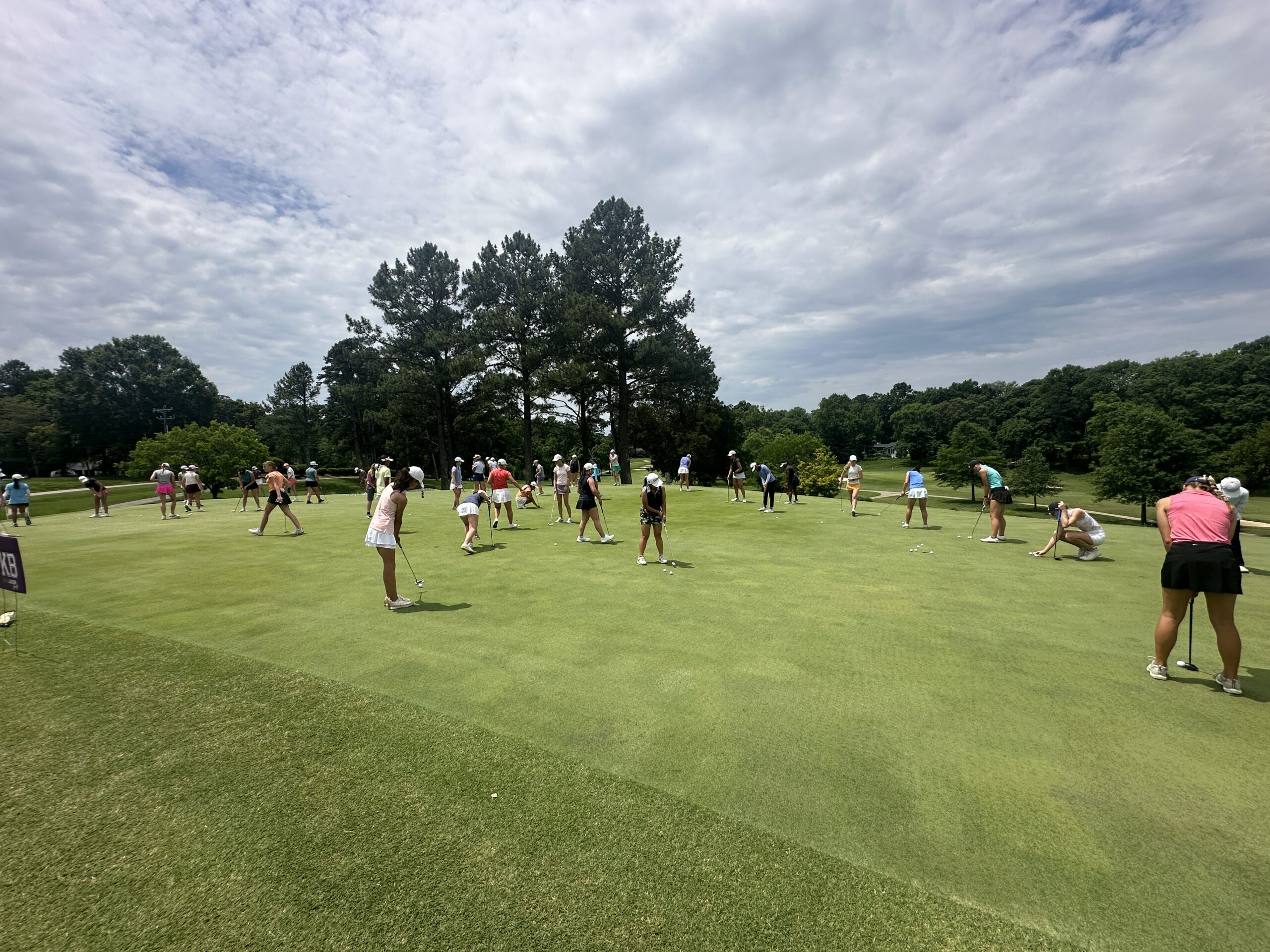
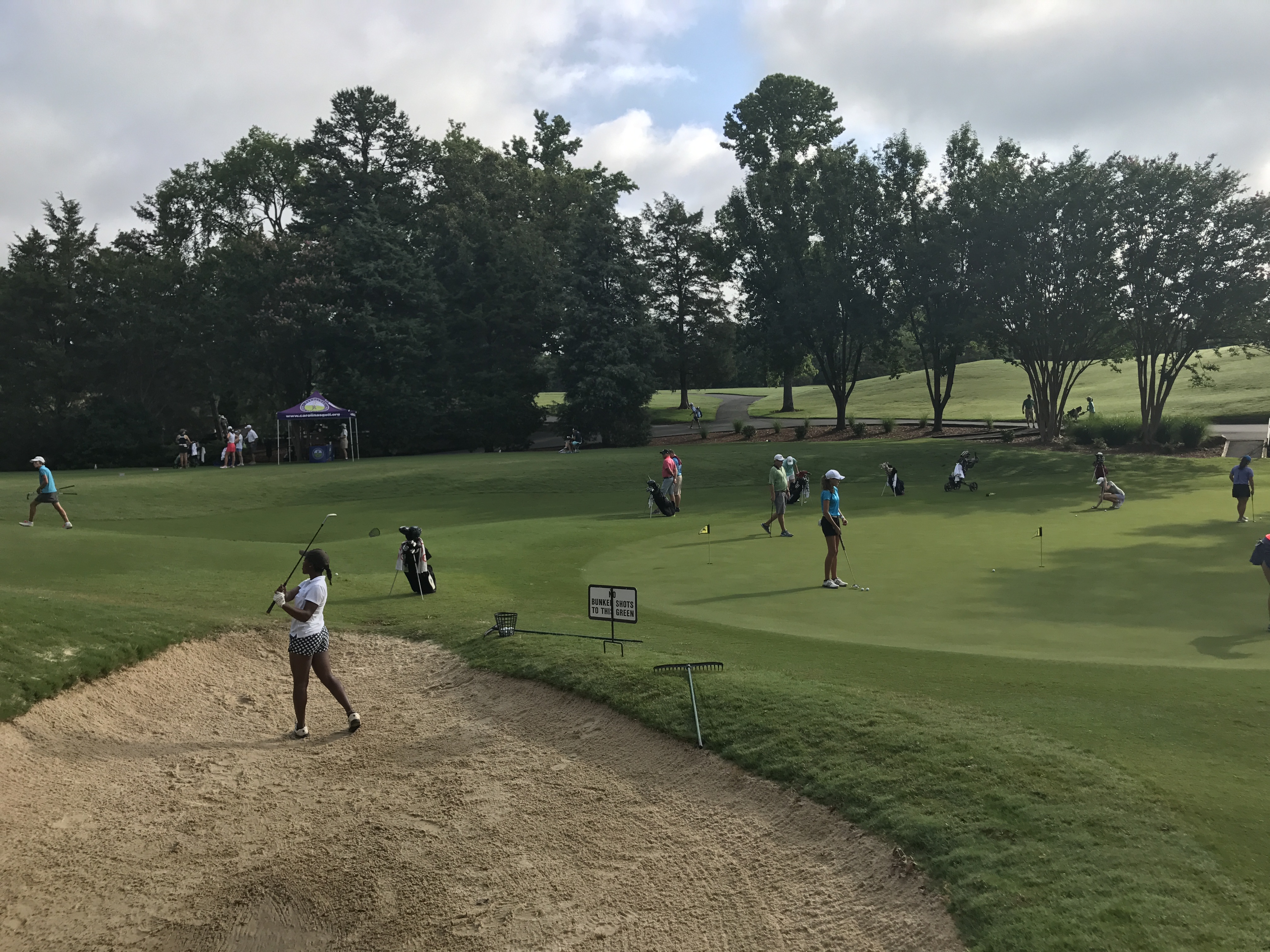
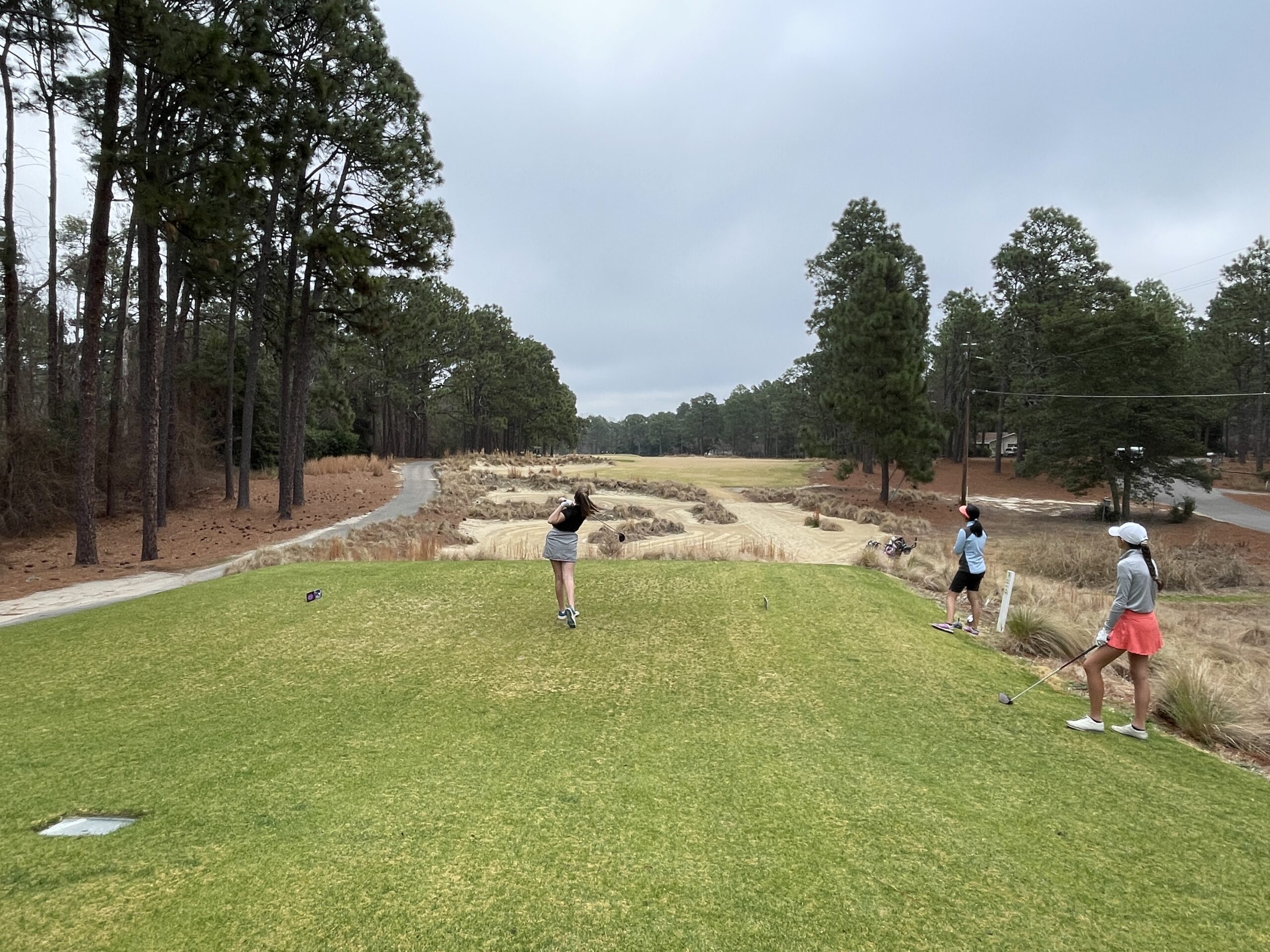
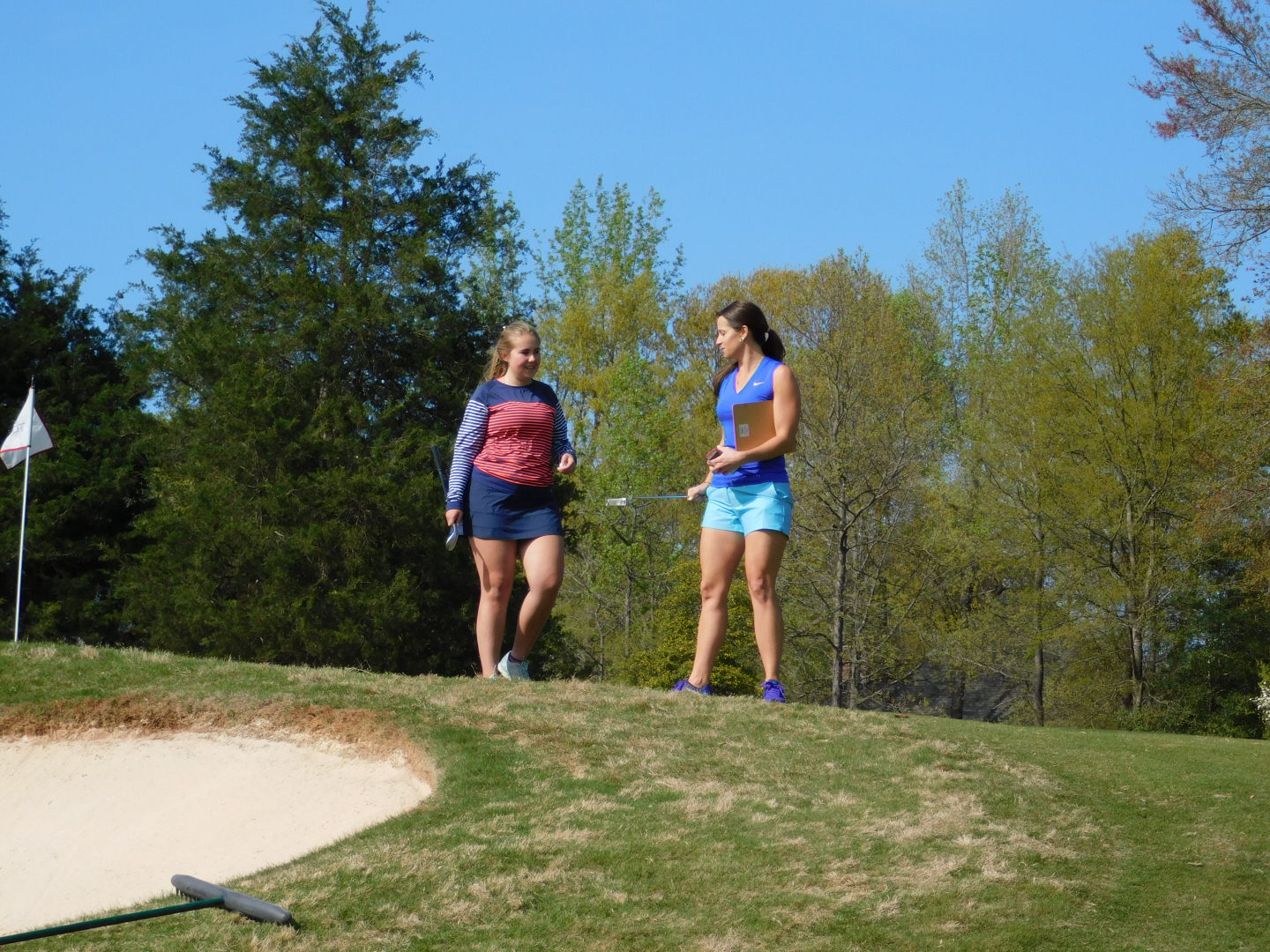
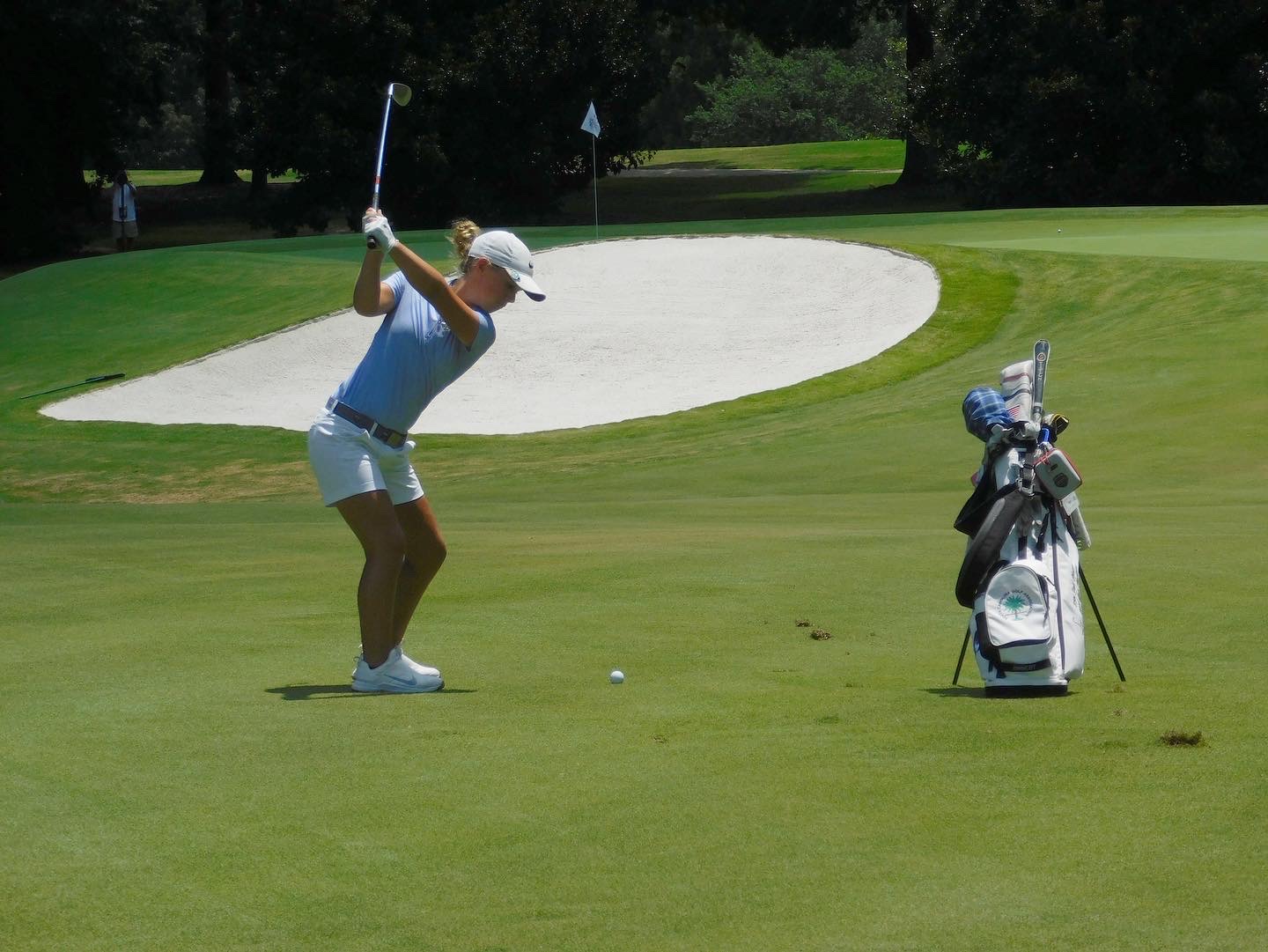
Leave A Comment